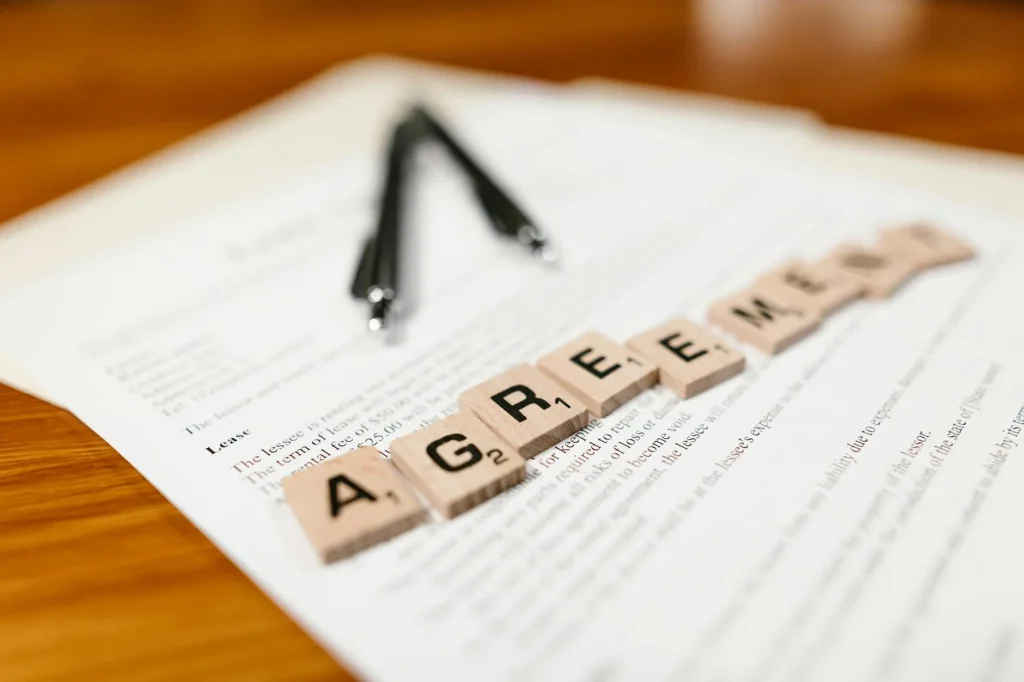
Lease agreements often seem straightforward, but the details can hide traps that cost you money and peace of mind. Whether you’re renting an apartment, leasing a car, or signing for office space, it’s easy to miss hidden costs and unfavorable terms. Many people skip reading the fine print or don’t fully understand what they’re signing. That can lead to unpleasant surprises down the road. Knowing the financial dangers in lease agreements helps you avoid costly mistakes and make smarter decisions.
1. Automatic Renewal Clauses
One of the most common financial dangers in lease agreements is the automatic renewal clause. These terms can lock you into another lease period if you don’t give proper notice before your current lease ends. Missing the deadline, even by a day, may mean you’re responsible for months of extra rent or payments. Always check how much notice you need to give and set reminders well before the deadline.
2. Early Termination Penalties
Ending a lease early can be expensive. Many agreements include stiff penalties if you break the contract before the term is up. Sometimes, you’ll have to pay the remaining balance or a set fee. Understand exactly what those penalties are. If your situation might change, look for leases with flexible exit options or negotiate these terms before signing.
3. Hidden Fees and Charges
Lease agreements often contain hidden fees that aren’t obvious at first glance. These can include administrative fees, maintenance charges, or even charges for routine repairs. Over time, these small costs add up. Read every section and ask questions about any fee you don’t understand. Getting clarity up front can save you from budget surprises.
4. Maintenance and Repair Responsibilities
Who covers the cost of repairs? Lease agreements sometimes make tenants responsible for things you’d expect the owner or landlord to handle. For example, you might be on the hook for appliance repairs or even structural issues. Make sure the lease spells out who pays for what. If it’s vague, ask for more detailed language.
5. Security Deposit Deductions
Security deposits are meant to cover damage, but some leases allow landlords to deduct for “wear and tear” or minor issues. The definition of “damage” can be subjective. Before signing, find out what counts as normal use and what could cost you. Take photos when you move in and out. This protects your deposit and helps avoid disputes.
6. Rent Increase Clauses
Some lease agreements include terms that let landlords raise the rent during your lease. These rent increase clauses can seriously impact your budget, especially if you’re not expecting them. Understand when and how much the rent can go up. If the lease is unclear, ask for specifics or request a fixed-rate term. This financial danger can sneak up on you if you’re not careful.
7. Insurance Requirements
Many leases require tenants to carry renters’ or liability insurance. If you don’t, you could be in breach of contract. Sometimes, landlords mandate specific coverage amounts that cost more than a standard policy. Ensure you understand the requirements and compare rates to find the best deal. Include the cost of insurance in your budgeting from the start.
8. Use Restrictions and Subleasing
Some agreements limit how you can use the property or whether you can sublet. Violating these terms can result in fines or even eviction. For example, you might be barred from running a business from home or having roommates. If you think your situation might change, look for flexible terms or permission to sublease. Always get any agreement in writing.
9. Ambiguous Language and Legal Jargon
Lease agreements are full of legal terms that can be confusing. Ambiguous language hides financial dangers that may only become clear after a dispute. If you’re unsure about any section, ask for clarification. Don’t rely on verbal explanations—get all changes in writing.
10. Personal Guarantees and Joint Liability
Some leases require a personal guarantee, especially for commercial leases or if your credit is limited. This means you’re personally responsible for the payments, even if your business or roommate defaults. Joint liability clauses can also make you responsible for the full amount if another tenant skips out. Understand your obligations before agreeing to these terms—they can have long-term financial consequences.
How to Protect Yourself from Lease Agreement Risks
Financial dangers in lease agreements can be easy to overlook, but a careful review makes a big difference. Always read the entire document and don’t be afraid to negotiate terms that seem unfair. If anything is unclear, ask questions or seek advice from a professional.
Taking the time to understand your lease agreement protects you from unexpected costs and stress. What’s the most surprising lease agreement clause you’ve ever seen? Share your story in the comments!
What to Read Next…
- 9 Times It’s Smarter to Rent Than Buy Even Long Term
- How a Rental Property in the Wrong State Can Wreck Your Tax Bracket
- How Homeowners Associations Are Targeting Retirees With Fines
- 9 Reasons Boomers Are Now Facing Eviction at Record Levels
- Can You Really Lose Your House Over One Missed HOA Payment?
The post 10 Financial Dangers That Hide in Lease Agreements appeared first on The Free Financial Advisor.







